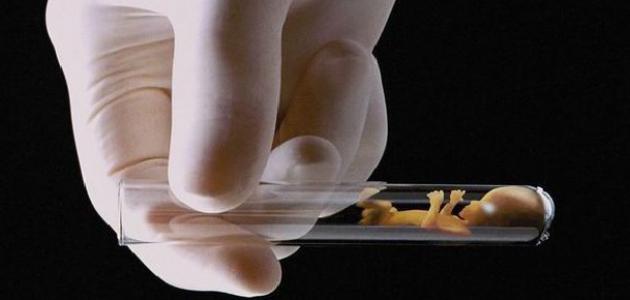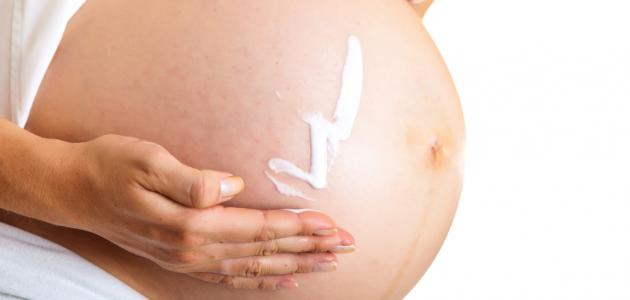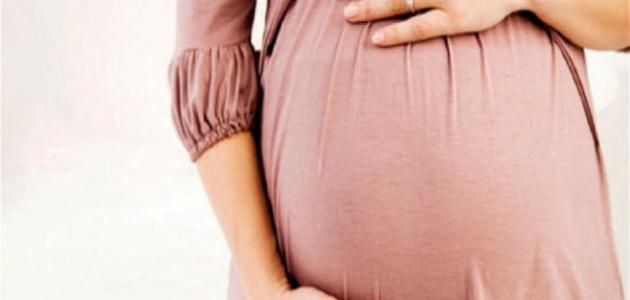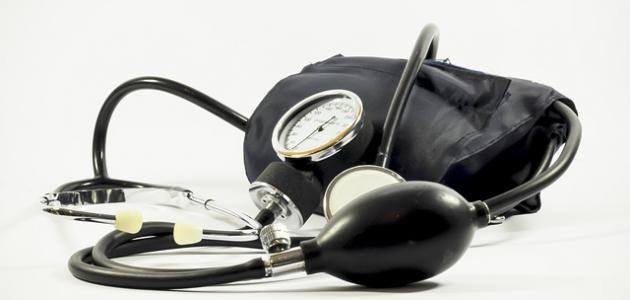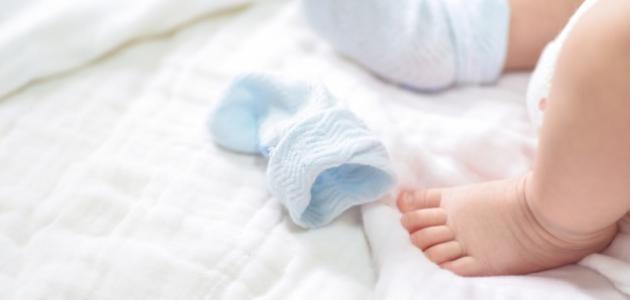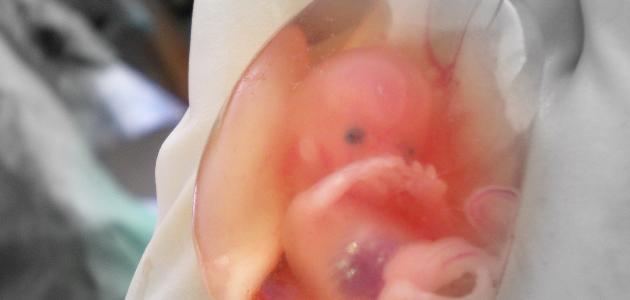Contents
IVF
Given the centers of combating diseases and prevention estimated that approximately 1.6% of the children born in the United States each year has operations load them through assisted reproductive technology , and in fact is In vitro fertilization or IVF is one of the most efficient types of fertilization techniques to help raise the possibility of a woman getting pregnant, and this process is done by fertilizing the egg outside the body in a laboratory container, and then this fertilized egg is implanted inside the mother's uterus . Adopting an IVF procedure if attempts to conceive using other treatments are ineffective. [1]
Reasons for the failure of IVF
In fact, IVF is expensive, so couples usually try other fertility treatments at first, such as taking fertility drugs, or undergoing IVF, before embarking on IVF. [2] It is worth noting that there are many factors that cause the failure of IVF procedures, some of which can be avoided and thus a woman can become pregnant after the operation is repeated, and some are difficult to avoid, but an effort can be made to try to make the pregnancy a success. : [3]
- Age of the female: where the age of the woman is an important factor in the success or failure of IVF, and this can be explained by the decrease in the number of eggs as the woman ages, in addition to the decline in her efficiency. This decrease increases rapidly after the age of 37 years, when the chance of success of the IVF operation using the woman's own eggs is 32% for women over the age of 35 years, while the percentage is 16% at the age of 40 years.
- The efficiency and quality of the embryo: where fertility specialists evaluate the quality of the egg depending on the age of the woman and the number of egg cells, the fertilized egg begins as a single cell and continues to divide until it becomes multicellular, and it is preferable to form six to seven cells after three days from the moment of fertilization, because the eggs that are With fewer cells, the chance of success of transplantation is lower, and thus the chance of IVF failure.
- Ovarian response: , generally when the large amount of eggs produced, be an opportunity for the success of the IVF cycle larger, and it is worth mentioning that the ovaries of some women do not have a lot of folliculitis , because they do not respond to drugs enrichment It is used before IVF to stimulate the production of eggs , and this is due to many reasons, including over the age of thirty-seven, or an increase in the proportion of the follicle-stimulating hormone (FSH), or the number of eggs remaining in the ovaries is low, as the IVF may fail if there are fewer than three mature follicles.
- Problems of the transplant process: It is worth noting that pregnancy loss or abortion after undergoing IVF can be attributed to the presence of disorders in the uterus, such as the presence of a polyp or polyp, or a fibroid, and that many fertility specialists believe that most operations fail Implantation is attributed to the fetus’s stopping development, and this may be due to the presence of a genetic defect that affects the development of the fetus.
- Other factors: One of these factors is smoking , as smoking reduces the probability of success of IVF surgeries by 50%, due to the low number of eggs and the high probability of miscarriage, and the chance of success of the operation decreases by 50%, and obesity can also reduce the chance of pregnancy, In addition to other factors, such as drinking alcohol, taking illegal drugs, drinking large amounts of caffeine, and taking some types of drugs. [4]
Indications for IVF procedure
Couples resort to the option of IVF in cases where he is one or both of infertility, after the experience of other solutions, and cases often need to make children tubing operations as follows: [2]
- Decreased fertility of a woman after reaching the age of forty.
- Blockage or damage to the Fallopian tubes.
- Decreased ovarian activity in the female.
- A woman has endometriosis .
- Appearance of uterine fibroids .
- Man infertility; Such as a small number of sperm, or a deformity in their appearance.
- Idiopathic infertility .
Beyond IVF
After performing IVF and transferring the embryo to the womb, the woman can return to her usual work and activities normally, despite the swelling of the ovaries during this period, but the woman must avoid the hard work that causes discomfort, and in light of this talk it is worth noting the possibility The emergence of some side effects of IVF operations, including the following: [4]
- Small amounts of clear or bloody fluid appear for a short time after the operation, because the doctor cleans the cervix before the embryo transfer.
- Feeling of pain when touching the breast, due to the increase in the estrogen hormone.
- A slight swelling in the abdomen.
- Feeling slight pain or cramps.
- Suffering from constipation.
References
- ↑ Joseph Nordqvist (5-2-2018), "IVF: What does it involve?" , Www.medicalnewstoday.com , Retrieved 19-3-2018. Edited.
- ^ A b Janelle Martel (11-2-2016), "What ' Is with In Vitro Fertilization?" , Www.healthline.com , Retrieved 19-3-2018. Edited.
- ↑ "IVF Failure" , www.fertilityauthority.com , Retrieved 19-3-2018. Edited.
- ^ A b " with In Vitro Fertilization ( the IVF)" , Www.mayoclinic.org , 6-1-2018, Retrieved 19-3-2018. Edited.
